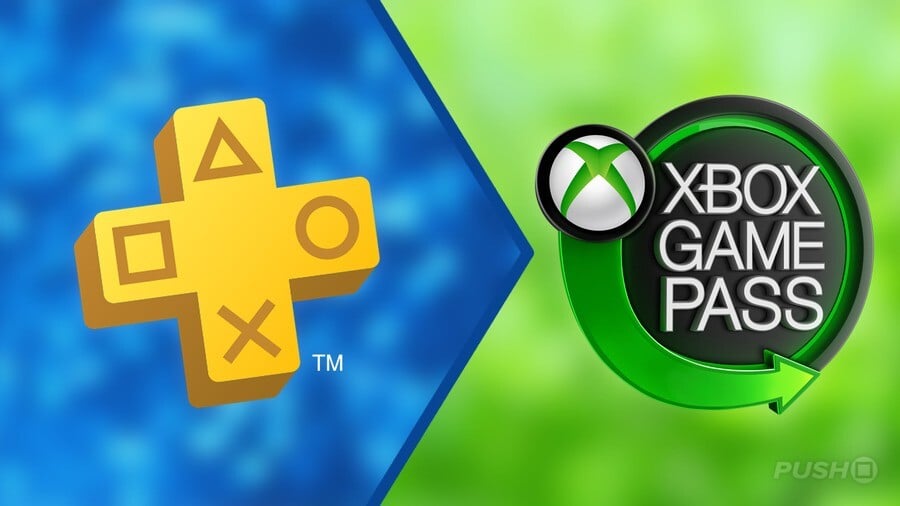Despite question marks over its profitability, Microsoft repeatedly assured journalists and consumers alike that the business model was sound, and wasn’t being propped up by its parent company’s obscene riches. This is despite it switching to a financial reporting strategy that obscured the true nature of its numbers, focusing on revenue rather than cold hard profits.
PlayStation, on the occasions it was asked , said that the strategy was simply not “sustainable” – a line it would go on to repeat multiple times. “We are not going to go down the road of putting new releases titles into a subscription model,” then boss Jim Ryan told Games Industry.biz . “These games cost many millions of dollars, well over $100 million, to develop. We just don't see that as sustainable.”
He was, of course, accused of being a profiteering liar – and it became another arrow in the quiver of Ryan’s biggest detractors, many of whom felt he was poor fit for leading PlayStation despite his unprecedented business success.
Sony did go on to reinvent its subscription offerings, combining PS Plus PS Now Tchia , Humanity , and more recently Animal Well . While there are still question marks over the more expensive PS Plus Premium PS Plus Extra
Still, while the experiment has proven a success for PlayStation’s bottom line, allowing Sony to extract more revenue on average from each individual subscriber, the total number of PS Plus members has remained static overall – hovering just under the 50 million mark . Despite this, in the United States specifically, consumer spending on gaming subscriptions has hit a brick-wall , with year-over-year growth as low as one per cent during some months of the year.
That’s all culminated in some seismic changes to Microsoft’s business model overnight: including the introduction of a Game Pass tier which no longer features day one first-party releases. Effective from September, a new subscription named Game Pass Standard will remove the promise of day one games – despite still commanding a substantial $14.99 per month fee.
The Redmond firm is not doing away with the concept entirely, but those who want to play titles like Fable and Call of Duty: Black Ops 6 at launch will now have to cough up $19.99 per month to do so. PC Game Pass will retain the promise of day one games, although its price is also increasing from $9.99 to $11.99.
